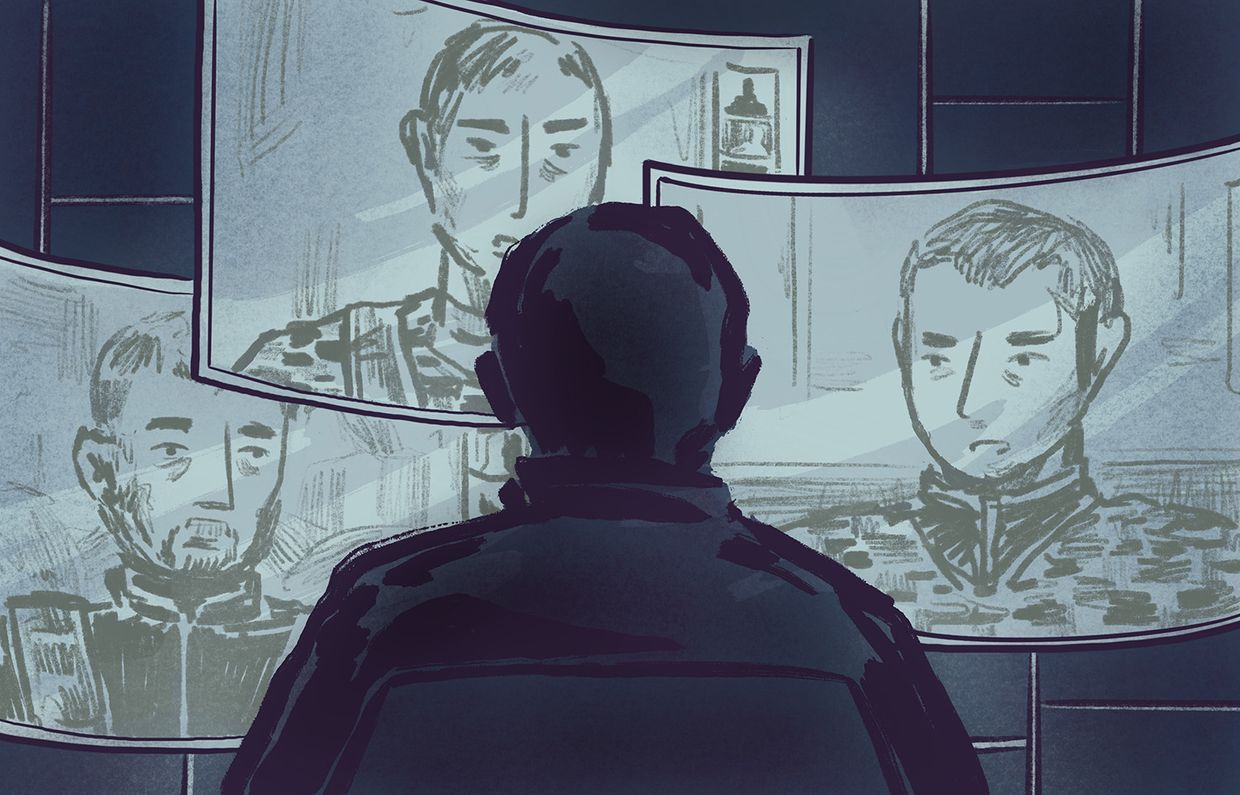Poroshenko says he is not allowed to attend Munich Conference over alleged threat to life

Parliament Speaker Ruslan Stefanchuk did not approve the delegation of former President Petro Poroshenko to the Munich Security Conference, citing alleged threats to his life abroad, Poroshenko claimed on Feb. 14, according to Interfax-Ukraine.
The leader of the European Solidarity opposition party said he planned to meet Western leaders during the security-focused conference that will take place in Germany later this week.
"The head of the Main Directorate of Intelligence (Ukraine's military intelligence agency, HUR), Kyrylo Budanov, for some reason informed Parliament Speaker Ruslan Stefanchuk that immediately after crossing the Ukraine-Poland border, and in particular in Munich, I, as the fifth president and the opposition leader, will be in mortal danger," Poroshenko said at a press briefing after meeting Stefanchuk on Feb. 14.
Poroshenko claimed that since German authorities would not be able to protect him during the visit, the only way to ensure his safety was to prevent his departure from Ukraine.
Ukraine's former head of state previously attended the Munich Conference in February 2023.
Due to martial law, Ukrainian men aged 18-60 are forbidden from leaving the country, barring special circumstances or official permission.
Poroshenko, 58, claimed that following the Munich Conference, he was meant to go to Israel to talk to the Knesset (the Israeli parliament) and meet Israeli Prime Minister Benjamin Netanyahu.
The ex-president was previously barred from leaving Ukraine in December 2023. Even though he initially received official permission, the Security Service of Ukraine (SBU) asked to cancel it due to Poroshenko's planned meeting with Hungarian Prime Minister Viktor Orban.
He was also blocked from leaving Ukraine in May 2022 for a NATO summit but was eventually allowed to exit the country on his third try.
Poroshenko, who was elected president in 2014, lost his reelection bid in 2019 to President Volodymyr Zelensky in a bitter campaign that often included personal attacks.
The rivalry between the two did not subside after the election, and Poroshenko was investigated on charges of treason for allegedly doing business in Russian-occupied Donbas. Poroshenko claimed the investigation was politically motivated.















